Showing 1-15 of 40 results

Health Lab
Experts in brain cancer outline current discoveries and offer a path of hope for glioblastoma treatment

Health Lab
Researchers recently revealed a new mechanism behind antiphospholipid syndrome that the investigators hope will eventually allow treatments to be targeted closer to the source of the problem.

Health Lab
An effort to reduce use of PPI heartburn drugs in veterans because of overuse, cost and potential risks succeeded, but provides lessons about deprescribing efforts.

Health Lab
At-home test can detect tumor DNA fragments in urine samples, providing a non-invasive alternative to traditional blood-based biomarker tests

Health Lab
As guest editor for a themed journal issue, Lori Pierce helps highlight the multiple factors that can make cancer care and prevention more equitable and reduce the burden of this disease for all
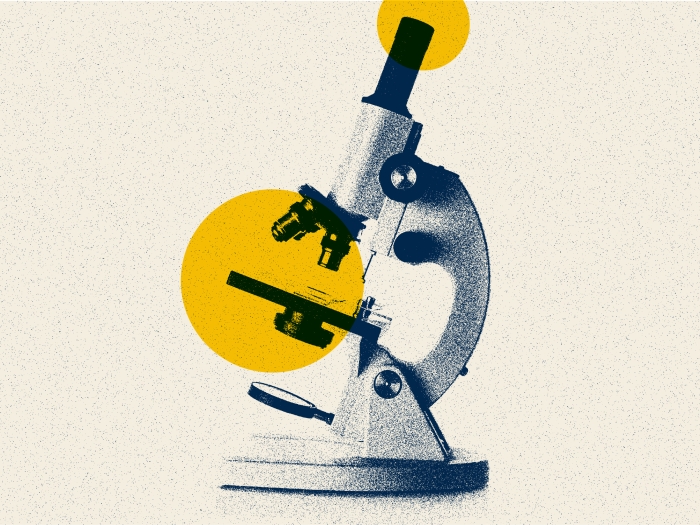
Health Lab
A recent study from U-M offers more insight into the underlying causes of EOE.
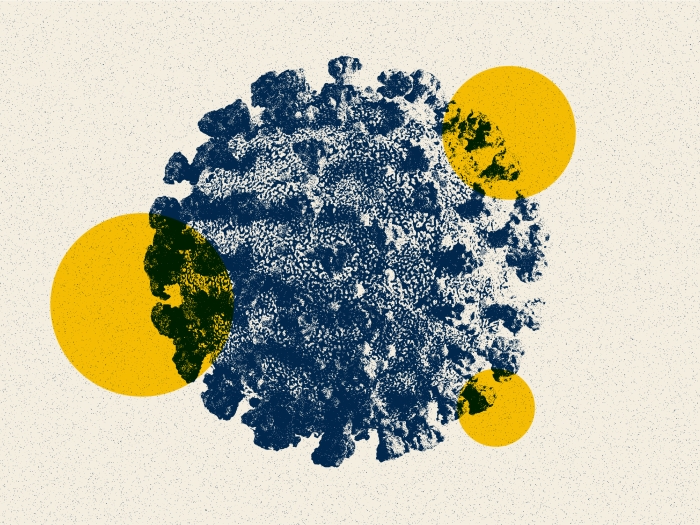
Health Lab
Vaccination against the coronavirus was much lower in adults and children with sickle cell disease despite a higher risk of severe COVID-19.

Health Lab
Research from Michigan Medicine experts is shedding light and potentially expanding options for patients living with an aggressive childhood cancer.
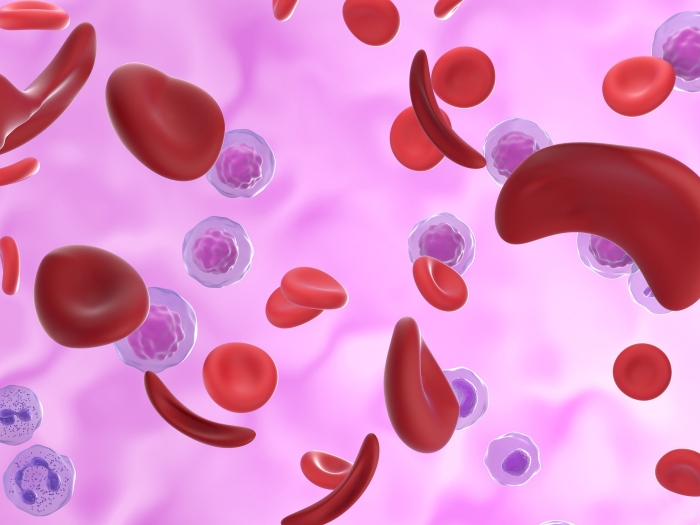
Health Lab
How two newly approved gene therapies, including novel technology CRISPR, may help kids and adults with inherited blood disorders
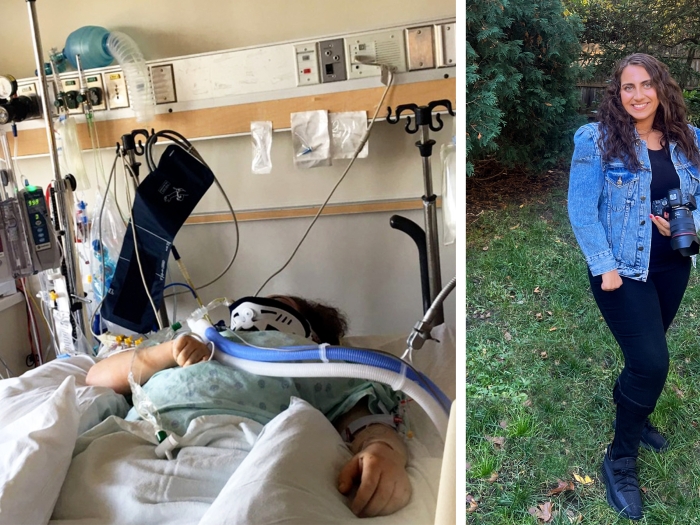
Health Lab
A car accident at age 20 left Sahar Mashhour in the intensive care unit for three months. Almost six years later, Mashhour is still pursuing her passions proving that her disability doesn’t limit her ability, but instead helps her see life through a different lens.

Health Lab
Infants with hemophilia A who received monoclonal antibody emicizumab experienced few bleeding events and no serious complications, a study suggests.
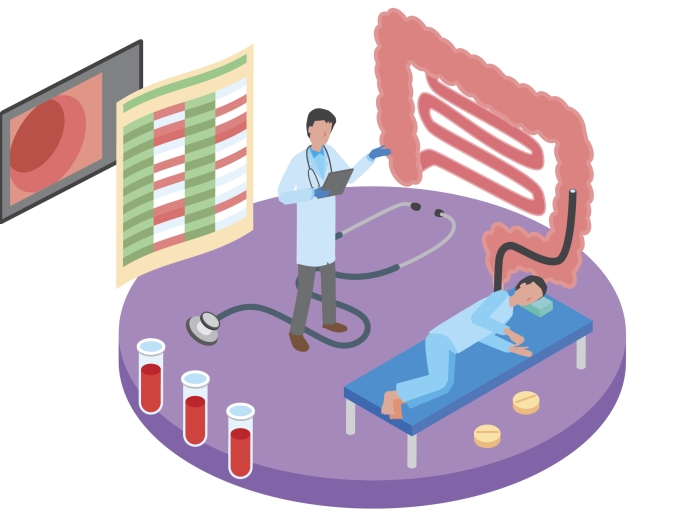
Health Lab
Free colonoscopies for people whose at-home stool tests (such as Cologuard and FIT) turn up signs of potential cancer are now covered by insurance, and a study shows this will save money.
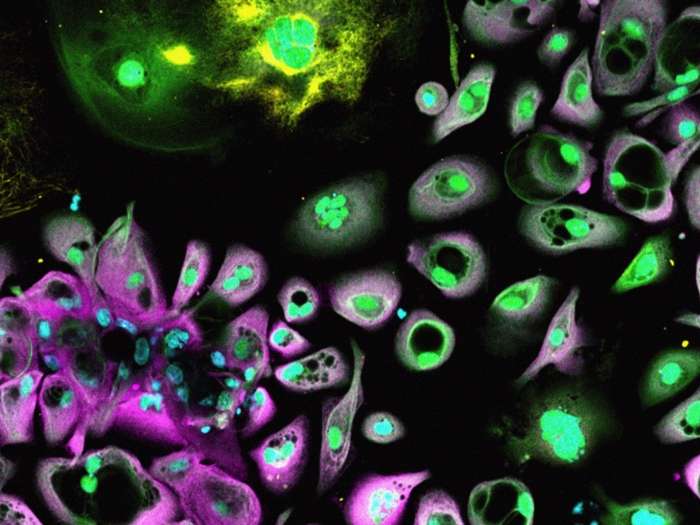
Health Lab
A University of Michigan-led study provided evidence of the efficacy of a new drug-induced liver injury screening platform using human liver organoids, or tiny 3D models of organs developed from patients’ stem cells that grow in petri dishes.

Health Lab
Study reveals presenting adults between 76 and 85 with personalized information about the benefits and harms of colon cancer screening decreases excess screening